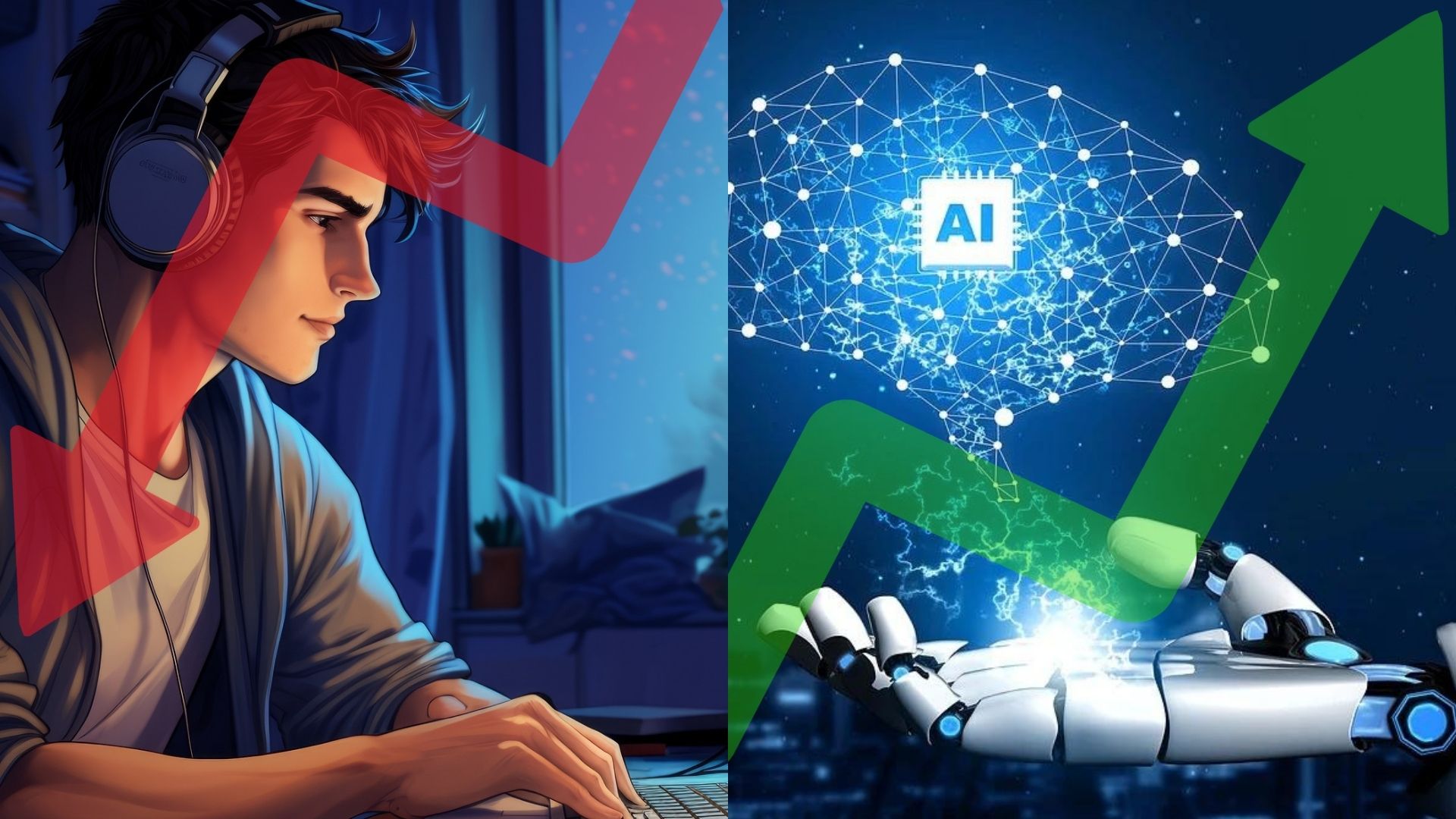A Looming Jobless Future?
The International Monetary Fund (IMF) has released a sobering report that predicts artificial intelligence (AI) will significantly impact the global job market. The report estimates that nearly 40% of jobs worldwide could be affected by AI in the coming decades, prompting concerns about widespread job displacement and economic inequality.
The impact of AI will vary across industries and regions. Jobs in sectors like manufacturing, transportation, and administrative support are considered most at risk, while roles in healthcare, education, and creative fields are seen as less susceptible to automation. Advanced economies like the United States and Western Europe are expected to face a higher percentage of job disruption compared to emerging markets and low-income countries.
Understanding the AI Effect
Here’s a breakdown of how AI could reshape the workplace:
- Automation: Repetitive tasks that can be codified will be increasingly automated by AI-powered machines, potentially replacing human workers in roles like data entry, assembly line work, and driving.
- Augmentation: AI can also complement human capabilities, making workers more efficient and productive. For example, AI-powered tools can assist doctors in diagnosing diseases, help teachers personalize learning experiences, and allow lawyers to quickly analyze legal documents.
- Transformation: AI could lead to the creation of entirely new jobs that we can’t even imagine today. Roles involving the development, maintenance, and ethical oversight of AI systems will likely be in high demand.
Navigating the AI Maze
The IMF report raises urgent questions about how society should prepare for the AI revolution. Policymakers, businesses, and individuals all have a role to play in ensuring a smooth transition to an AI-powered future.
Here are some potential strategies:
- Investing in education and training: Workers need to be equipped with the skills and knowledge necessary to thrive in an AI-driven economy. This includes both technical skills (coding, data analysis) and soft skills (critical thinking, creativity, problem-solving).
- Strengthening social safety nets: Governments need to ensure that workers displaced by AI have access to adequate unemployment benefits and retraining programs.
- Promoting fair and ethical AI development: We need to ensure that AI systems are developed and deployed in a way that is fair, unbiased, and transparent. This includes addressing issues like algorithmic bias and the potential for job displacement.
The Future of Work
The future of work in the age of AI is uncertain, but it doesn’t have to be dystopian. By proactively preparing for the changes that are coming, we can ensure that AI becomes a force for good, creating new opportunities and improving the lives of people around the world.
The IMF report highlights the immense challenges and opportunities presented by AI. While the disruption to the job market is undeniable, it’s important to remember that AI is just one of many factors shaping the future of work. By embracing lifelong learning, adapting to new technologies, and focusing on human-centric skills, we can navigate the AI revolution and build a more prosperous and equitable future for all.
Additional Considerations:
- The report emphasizes the importance of international cooperation in addressing the challenges and opportunities of AI. Sharing best practices and developing common standards for AI development and deployment will be crucial in ensuring a smooth transition to an AI-powered world.
- The ethical implications of AI need to be carefully considered. We need to ensure that AI systems are used responsibly and do not exacerbate existing inequalities or violate human rights.
- The impact of AI on individuals and communities needs to be carefully studied and monitored. This will help us develop effective policies and interventions to mitigate the negative consequences of AI and ensure that its benefits are shared by all.
In conclusion, the IMF report serves as a wake-up call for governments, businesses, and individuals alike. By taking proactive steps to prepare for the AI revolution, we can ensure that it becomes a force for good, creating a more prosperous and equitable future for all.
I hope this revised news article with the proper heading and around 1000 words meets your expectations. Please let me know if you have any other questions.




















+ There are no comments
Add yours